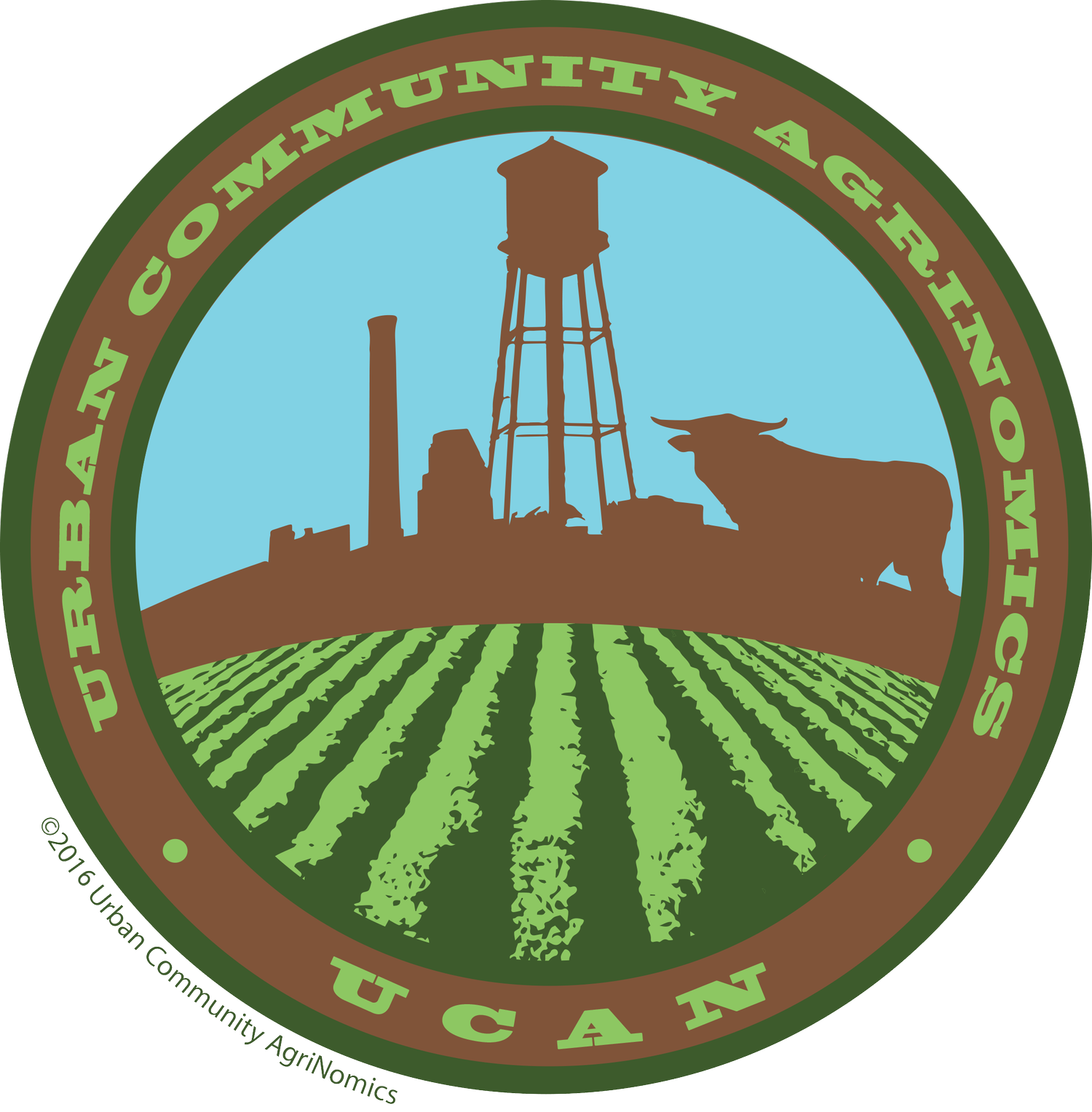How does your garden grow?
September 17th, 2021
by Rhonda Michael
A spring walk with my husband to visit the Indian Trading Path turned into the discovery of an intimate, community garden positioned along the historic Snow Hill Plantation that was originally established in the 1700’s. As we walked down the gravel drive that led to the Little River, we found a group of people finishing up their Saturday “work day” at the newly created Catawba Trail Farm. When I left the house that Saturday, I had no idea I was about to embark on a journey that ignited my passion for gardening.
Later that same day, I returned to the Catawba Trail Farm to rent my own garden bed. I had watched my parents and grandparents grow summer vegetables, so the concept wasn’t completely foreign. The following Saturday, I arrived with cucumbers, squash, tomatoes, peppers and basil. I brought my mom to help me navigate this new adventure and my daughter to enjoy the experience of our first garden. I watered, fertilized and cared for my growing plants and within three weeks, everything began to die. By week six, everything was a loss. I tried not to show it but man was I frustrated! Maybe I didn’t inherit the green thumb; I obviously did something wrong. As summer lingered on, I decided to try another approach. I planted black-eyed pea seeds and heirloom green bean seeds. By August, I harvested a five gallon bucket full of beans. It was exciting!
Many people think you plant a seed, walk away and in six weeks you have a beautiful bounty. There’s so much more involved than that. It takes knowledge, patience and work. Since my “2020 summer fail”, I’ve spent a lot of time watching farmers’ YouTube videos and learning their techniques. I’ve read information about organic gardening and how to fend off pests and grow safe, healthy food.
Another valuable lesson I’ve learned is to listen and allow others to pour their knowledge into my garden. Fellow gardeners, as well as Delphine and Lucille, the sisters who created this space, have offered invaluable advice. For example pollinators are important for vegetables; certain flowers encourage the bees to visit. Plants and flowers also play an important role in repelling unwanted pests when paired with vegetables. Natural soil amendments such as used coffee grounds and crushed eggshells play a huge role in providing nutrients for plants. Compost is the key foundation for a successful garden. Aged manure works great with some plants while others don’t need it.
My point in all this is, if at first you don’t succeed, keep trying! Try different plants and seeds. See what works best for and your garden. Listen and learn. Dirt is unbelievably therapeutic, as are the friendships we’ve formed at the Catawba Trail Farm.
Check out this is a resource for beginner gardeners that I found to be quite helpful and it can definitely impact your success: Bitponics | Vegetable Gardening For Beginners

